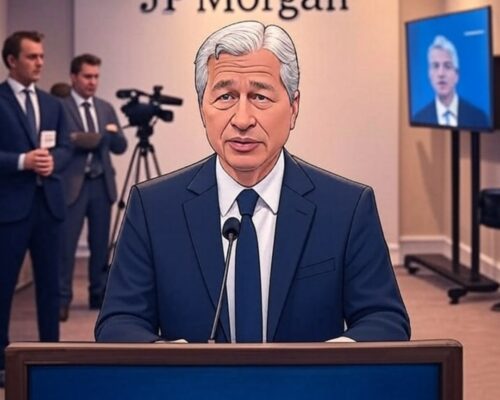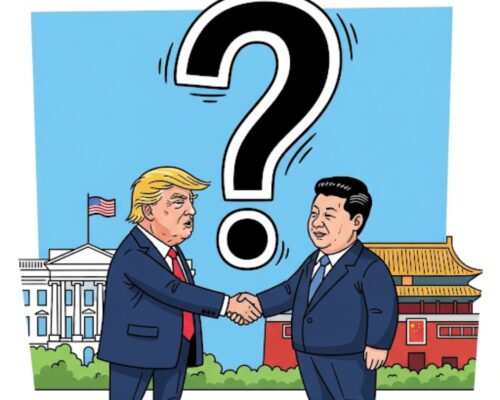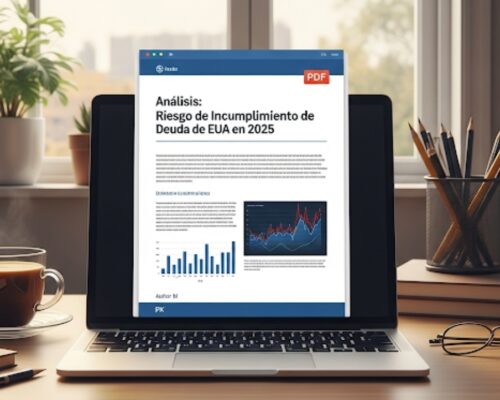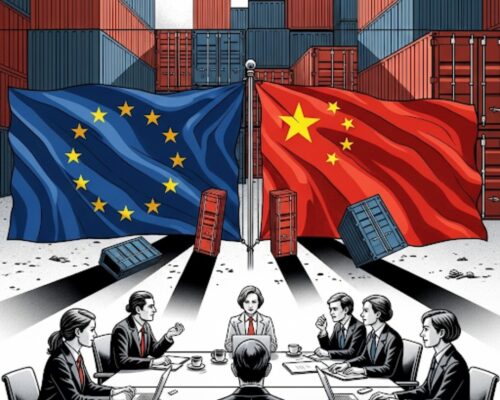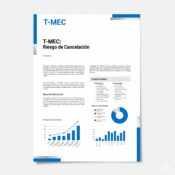Pepe Kamel
El oráculo de JPMorgan advierte al mercado
El oráculo de JPMorgan, Jamie Dimon, ha vuelto a alzar la voz,
Pepe Kamel
El Dragón y la Casa Blanca: ¿Tregua o teatro?
Resulta que Washington y Beijing, esos viejos conocidos con su interminable “telenovela”
Pepe Kamel
Aranceles Europa-China: ¿Proteccionismo o pánico económico?
Parece que Bruselas se cansó de ver cómo los autos eléctricos chinos
Pepe Kamel
Milei: ¿La solución para Argentina?
¡Ay, Argentina, tierra del Diego, de Gardel, de Borges y de Mafalda!
Pepe Kamel
Banxico baja tasas: ¿Continuará el equilibrio maestro?
En los últimos años, Banxico se ha consolidado como un director de
Pepe Kamel
México en la Mira del Dragón y el Águila
En el ajedrez geopolítico actual, México se encuentra en una posición, digamos,
Pepe Kamel
La Recesion en EUA ya es Inevitable
¿Quién mezcla medidas comerciales excesivamente agresivas con un plan económico deficiente? Donald
Pepe Kamel
Gold Prices Reach Unprecedented Highs
The price of gold has recently surged to record levels, exceeding $3,400
Últimas Perspectivas
Pepe Kamel

